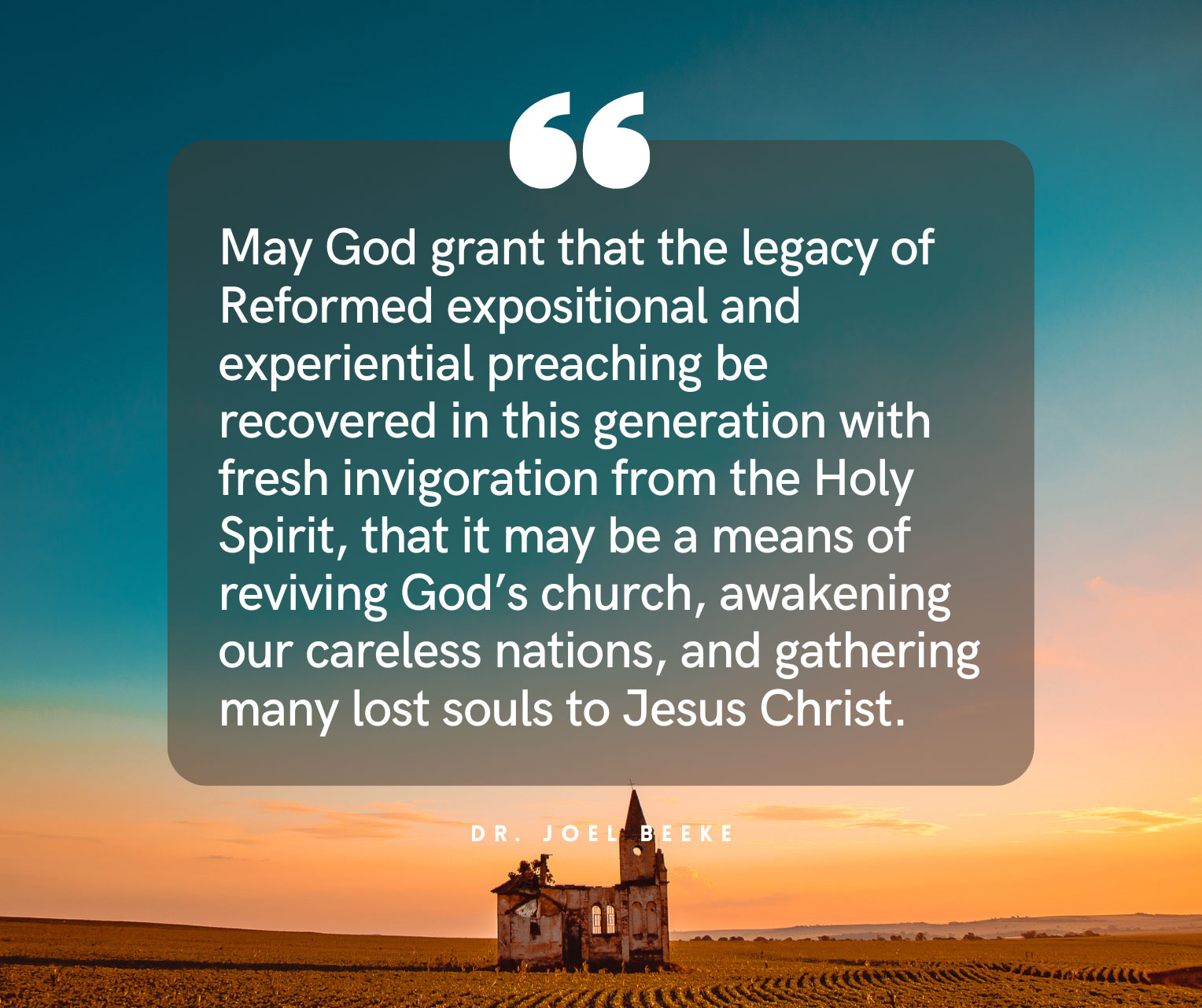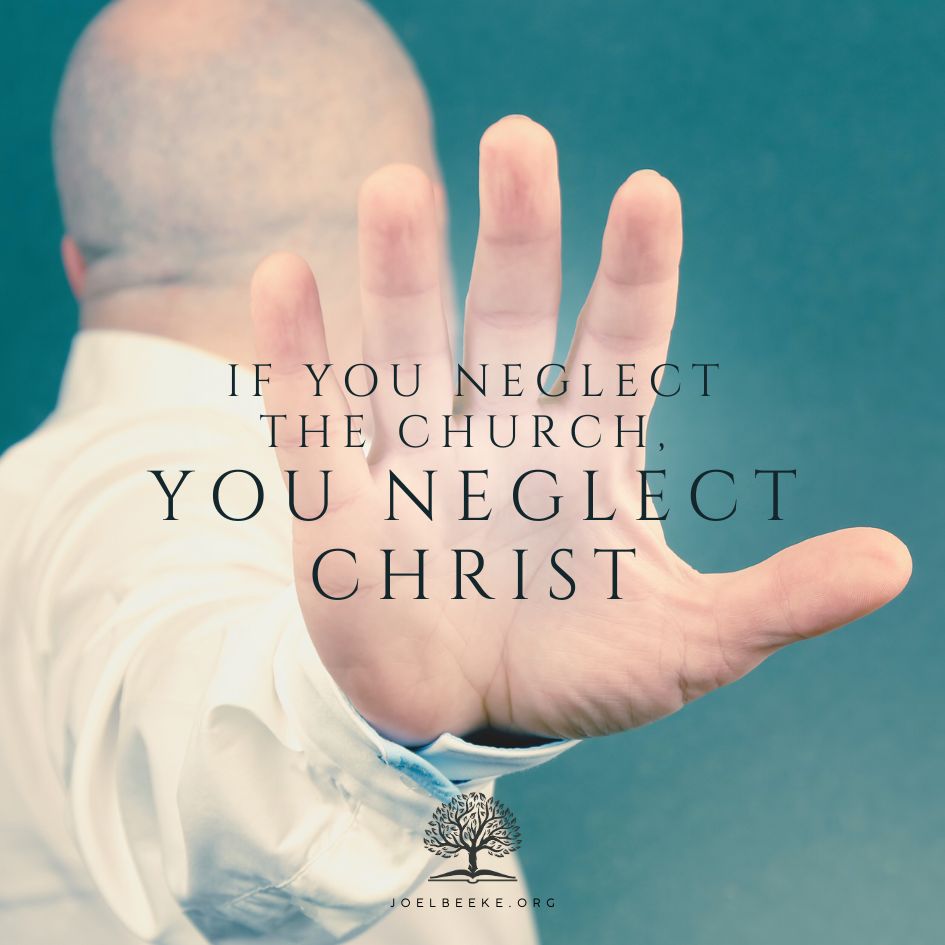
Although sermonic style varies in different times and places, the Reformation produced a legacy of expositional and experiential preaching that godly men have passed down through the ages. This was certainly the case among the seventeenth-century Puritans. It continued among preachers in various branches of the Reformation tradition, including Presbyterians, Anglicans, Congregationalists, and Baptists.
Princeton’s Archibald Alexander (1772–1851) said, “The word of God should be so handled, that it may be adapted to Christians in different states and stages of the divine life; for while some Christians are like ‘strong men,’ others are but ‘babes in Christ, who must be fed with milk, and not with strong meat.’”
Alexander went on to explain how the Reformed preacher also should “rightly divide” the Word by making specific applications to the backsliding, the worldly minded, the afflicted, and the dying believer. Anglican Charles Bridges (1794–1869) called for perpetual application throughout the sermon and for preaching that drew clear lines between different spiritual conditions and states, addressing the needs of people in each case…
…Though many preachers today are ignorant of the experiential wealth of their Reformed homiletical heritage, there are encouraging signs of the rise of preachers, such as my good friend Steven Lawson, who stand in the same great tradition as Zwingli, Bullinger, Calvin, Beza, and Perkins.
May God grant that the legacy of Reformed expositional and experiential preaching be recovered in this generation with fresh invigoration from the Holy Spirit, that it may be a means of reviving God’s church, awakening our careless nations, and gathering many lost souls to Jesus Christ.
Excerpt From
Pulpit A Flame
Joel R. Beeke







